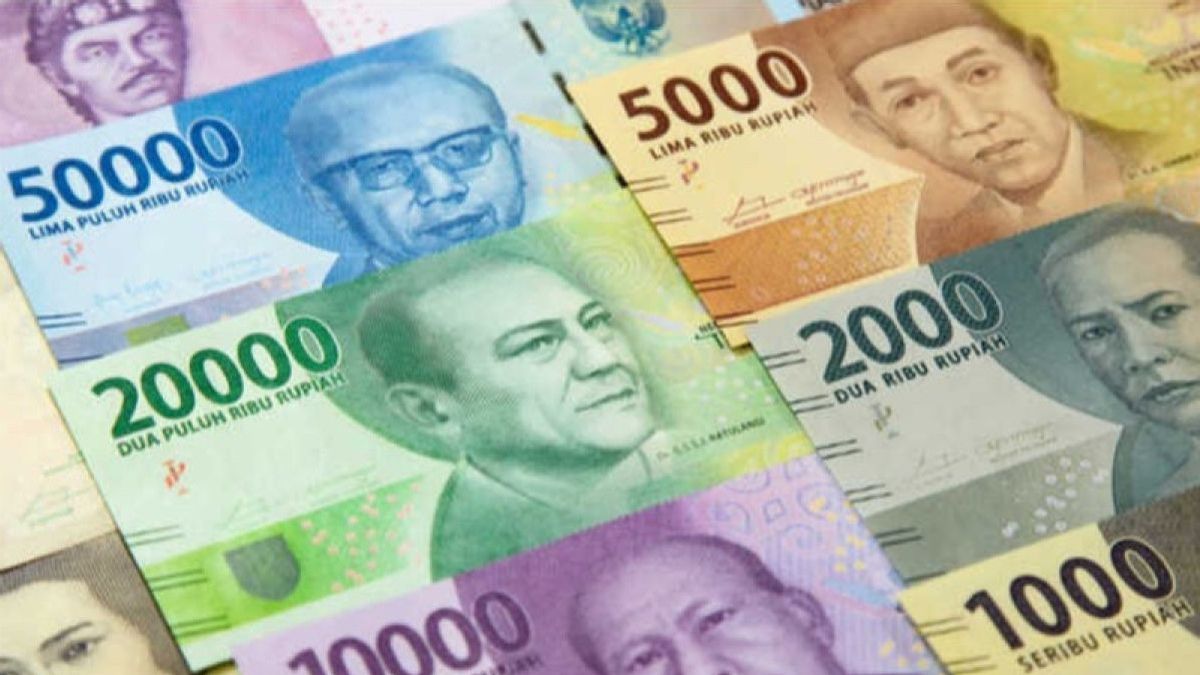JAKARTA - Head of Bank Permata economist Josua Pardede said the position of foreign exchange reserves fell by 4.2 billion US dollars from USD 140.4 billion in March 2024 to USD 136.2 billion at the end of April 2024.
Josua said the position of foreign exchange reserves was equivalent to 6.1 months of imports or 6.0 months of imports including government foreign debt payments, which significantly exceeded the international adequacy standard of about 3 months of imports.
According to Josua, this significant decline was influenced by various factors, especially the payment of foreign debt by the government and the stabilization measures sought by Bank Indonesia (BI) to stabilize the Rupiah amid increasing uncertainty in the global financial market, which stems from developments in the US and the Middle East.
In addition, Josua said that the US economic indicators released in April indicated a solid trend in the US economy, with rising inflation and declining unemployment rates.
"This raises concerns that the Fed will maintain the benchmark interest rate for a long time or better known as a higher for longer," he explained in his statement, Wednesday, May 8.
Josua said the increasing geopolitical tensions in the Middle East, especially between Iran and Israel, further sparked risk-off sentiment in the global financial market.
As a result, he said, there was a capital flow out of emerging markets such as Indonesia, accompanied by increasing demand for safe haven assets.
"In connection with the increasing sentiment of the risk-averse, the Indonesian bond market and shares recorded a net outflow," he said.
SEE ALSO:
Josua said specifically, there was a net outflow of USD 1.06 billion from the government bond market and net outflow of USD 1.14 billion from the stock market.
According to Josua, by looking at the risks associated with uncertain global developments will still be a concern throughout the first semester of 2024.
In addition, ongoing risk-off sentiment amid a higher for longer scenario will continue to hinder the flow of foreign funds into Indonesia, thus requiring Bank Indonesia to stabilize the Rupiah exchange rate.
The English, Chinese, Japanese, Arabic, and French versions are automatically generated by the AI. So there may still be inaccuracies in translating, please always see Indonesian as our main language. (system supported by DigitalSiber.id)












